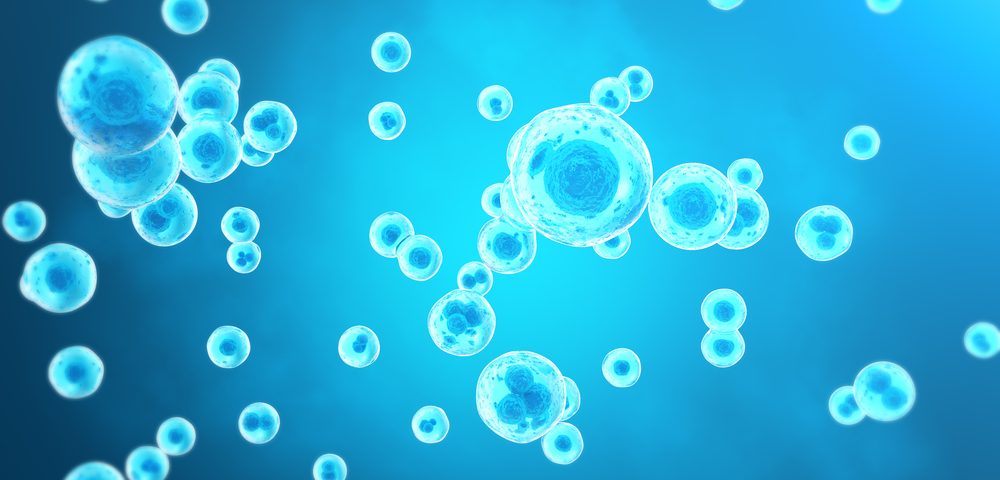Kite Pharma’s anti-CD19 CAR T-cell therapy is a promising approach to treat patients with relapsed or refractory non-Hodgkin lymphoma, according to data from a Phase 1 clinical trial.
James N. Kochenderfer, MD, an investigator in the National Cancer Institute’s Center for Cancer Research, led the study, “Lymphoma Remissions Caused by Anti-CD19 Chimeric Antigen Receptor T Cells Are Associated With High Serum Interleukin-15 Levels,” which appeared in the Journal of Clinical Oncology.
“The data from the National Cancer Institute, which has a history of pioneering research in anti-CD19 CAR-T therapy, suggests that it is possible to achieve durable, complete remissions in patients with advanced disease who have no treatment options,” David Chang, MD, PhD, Kite’s executive vice president of research and development, said in a press release. “This research provides important understanding on the association of certain factors with efficacy and adverse events so we can more quickly advance our research to realize the full potential of CAR-T therapy.”
The Phase 1 study (NCT00924326) enrolled 22 patients, 19 with diffuse large B-cell lymphoma, two with follicular lymphoma, and one with mantle cell lymphoma, to assess the safety and efficacy of a single dose of anti-CD19 CAR T-cell therapy two days after a low-dose chemotherapy conditioning regimen of cyclophosphamide and fludarabine. Patients had received a median of four prior therapies before enrollment.
Doctors administered the conditioning regimen to deplete patients’ immune cells before administering CAR T-cell therapy. Studies have shown that this enhances the anti-tumor activity of adoptively transferred T-cells in mice.
After receiving a single dose of the therapy, 73 percent of patients responded to the treatment, including 55 percent complete responses. Among patients with aggressive B-cell non-Hodgkin lymphoma, the objective response rate was 68 percent, including 47 percent complete responses.
The duration of responses ranged from seven to 24 months, and 11 of the 12 complete responses were ongoing at the time of data cut-off.
The study also revealed that the low-dose chemotherapy regimen given before the CAR T-cell therapy led to an increase in the levels of serum IL-15. Blood levels of IL-15 have been associated with expansion of CAR T-cells and remission of lymphoma.
“We are encouraged by the durable complete remissions and key translational insights observed in this study conducted by Dr. Steven A. Rosenberg and Dr. Kochenderfer and their team at the NCI,” said Jeff Wiezorek, MD, senior vice president of clinical development of Kite, which is based in Santa Monica, Calif. “This finding from the NCI and our ongoing clinical trials will help to inform and advance our pipeline of engineered T-cell therapies.”


